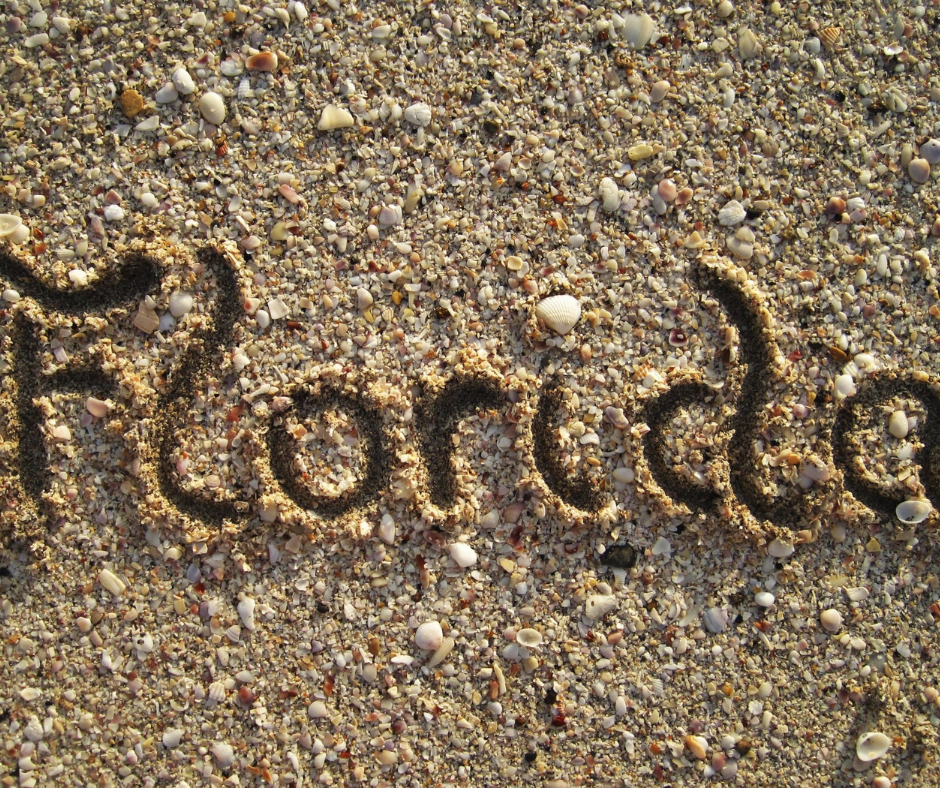
So, you’ve set your sights on the Sunshine State, where balmy beaches and beautiful bungalows beckon. Buying a house in Florida, however, isn’t as simple as selecting a sandcastle by the sea.
There are unique market factors, legal considerations, and regional characteristics you’ll need to understand to make the best decision. Don’t fret, though, this guide is here to navigate you through each step, offering expert advice tailored to Florida’s unique property market. Want a sneak peek into what’s covered?
Well, let’s just say it’s more than just the sun and the sand.
Key Takeaways:
● Understand Florida’s housing market trends for informed buying decisions, considering the median sale price and high demand.
● Secure mortgage pre-approval to gain seller’s confidence and determine your borrowing limit.
● Evaluate Florida neighborhoods aligning with your lifestyle and investment potential before making a purchase.
● Incorporate home inspections, appraisals, and closing costs in your budget, and apply for Homestead Exemption post-purchase.
Understanding Florida’s Housing Market
Diving into Florida’s housing market, you’ll find a median home sale price hovering around $400,000, indicating robust growth and a testament to the state’s high demand for properties.
This high demand is fueled by both residents and out-of-state buyers, making Florida real estate a competitive field. But don’t be daunted, the market also offers diverse housing options at various price points, catering to different preferences.
However, you should be aware that the availability of properties is somewhat limited due to the growing population, which further drives up home prices. The market’s dynamic nature makes it crucial for you to keep an eye on the trends, especially if you’re on a budget.
In your quest for a perfect Florida home, understanding the unique aspects of the local housing market can be your key to a successful purchase. From the high closing costs to homestead exemptions, certain Florida-specific considerations can directly impact your buying decision.
Securing Your Mortgage Pre-Approval Before you start hunting for your dream home in Florida, it’s crucial to get your mortgage pre-approval, which acts as a financial compass guiding you through the purchase process.
This vital step determines the loan amount you qualify for based on your financial situation.
Securing your mortgage pre-approval involves an in-depth review of your financial status.
Lenders look at your credit history, income, assets, and debts to assess your mortgage eligibility. Being pre-approved for a mortgage is more than just an estimate, it’s a statement of your buying power.
Consider the following to understand the importance of mortgage pre-approval:
● It gives confidence to sellers in your ability to secure financing, thereby making your offer stand out among the rest.
● It provides a clear picture of the total costs, including down payment requirements and estimated monthly payments.
● It gives you a competitive edge in the home buying process by demonstrating your seriousness as a buyer.
Finding Your Ideal Florida Neighborhood
Once you’ve secured your mortgage pre-approval, it’s time to focus on finding a neighborhood in Florida that aligns perfectly with your lifestyle, goals, and vision for your dream home. The Sunshine State offers a wide array of neighborhoods, each exhibiting unique characteristics that could be the ideal fit for you.
Consider property values, local events, safety, and the type of neighbors in your search.
Florida’s diverse neighborhoods cater to different lifestyles, so whether you’re a retiree seeking tranquility or a young professional craving an urban vibe, you’ll find a place that suits you.
Evaluating the investment potential of a neighborhood is equally important. You’re not just buying a house, you’re investing in a piece of Florida’s real estate market. Look into how property values have changed over time. Is the neighborhood on the rise? This could indicate a sound investment.
Navigating Home Inspections and Appraisals
After finding your ideal neighborhood, it’s crucial to navigate through home inspections and appraisals, essential steps in the Florida home buying process. Home inspections are vital to assess the property condition and uncover potential issues. In Florida, you can expect the cost to range between $300 and $500, depending on the home’s size and age.
During home inspections, a qualified inspector will examine the home’s structure, systems, and components. This process is critical for identifying problems such as:
● Roof leaks
● Electrical issues
● Plumbing problems
● Termite damage
Appraisals, on the other hand, are required by lenders to verify the property’s value and protect their investment. Like home inspections, appraisals in Florida typically cost around $300 to $500. They ensure the lender isn’t financing more than the home’s worth.
Closing and Post-Purchase Considerations
Having navigated through home inspections and appraisals, you’re now ready to face the final steps – closing the sale and considering post-purchase factors. Keep in mind, closing costs in Florida range from 2% to 5% of the home’s total price. This might seem high, but it’s standard in the Sunshine State.
During the closing, you’ll sign numerous documents to finalize the sale. It’s crucial you understand each one to avoid any future complications. Also, don’t forget to secure title insurance, as it protects you against any potential ownership disputes.
Once the sale closes, it’s not time to relax just yet. Review all paperwork carefully, ensuring details like the mortgage interest rate and final sale price are accurate. There’s nothing worse than discovering errors post-purchase.
Lastly, as a new Florida homeowner, check out the Homestead Exemption. This offers up to a $50,000 property tax exemption if the house is your primary residence. It’s a fantastic way to save money, making your move to Florida even more rewarding.
Frequently Asked Questions
What Do I Need to Know Before Buying a House in Florida?
Before buying a house in Florida, you’ll need to consider several factors. Understand the state’s diverse housing market and find a location that fits your lifestyle. Be aware of Florida’s high closing costs and the benefits of homestead exemptions. Also, don’t forget about the weather—hurricanes can impact insurance costs. Lastly, remember that standard homeowner’s insurance doesn’t typically cover flooding, so you’ll likely need separate flood insurance.
How Much Salary Do You Need to Buy a House in Florida?
To buy a house in Florida, you’ll need a salary ranging from $60,000 to $70,000 for an average priced home. This figure could rise to $80,000 to $100,000 if you’re targeting luxury homes or pricier areas. Your credit score, debt-to-income ratio, and down payment amount also influence your required salary. Ensure you factor in ongoing costs like property taxes and insurance when calculating your housing budget.
How Much Money Do You Need to Put Down to Buy a House in Florida?
In Florida, the down payment for a house generally ranges between 10% and 20% of the purchase price. However, FHA loans may only require 3.5%. If you’re a veteran or active-duty service member, VA loans often require no down payment. Don’t forget, there are down payment assistance programs available if you’re strapped for cash. It’s crucial to consider all your options before making a decision.
What Credit Score Needed to Buy a House in Florida?
In Florida, you’ll generally need a credit score of at least 620 to buy a house. Lenders look for a solid credit history and responsible financial behavior. A higher score can get you better mortgage rates and loan terms. It’s proof you manage debt well and can repay loans. So, maintaining a good credit score is crucial when planning to buy a home in the Sunshine State.
You May Also Like
Exploring the Impact of International Buyers on Florida Real Estate
